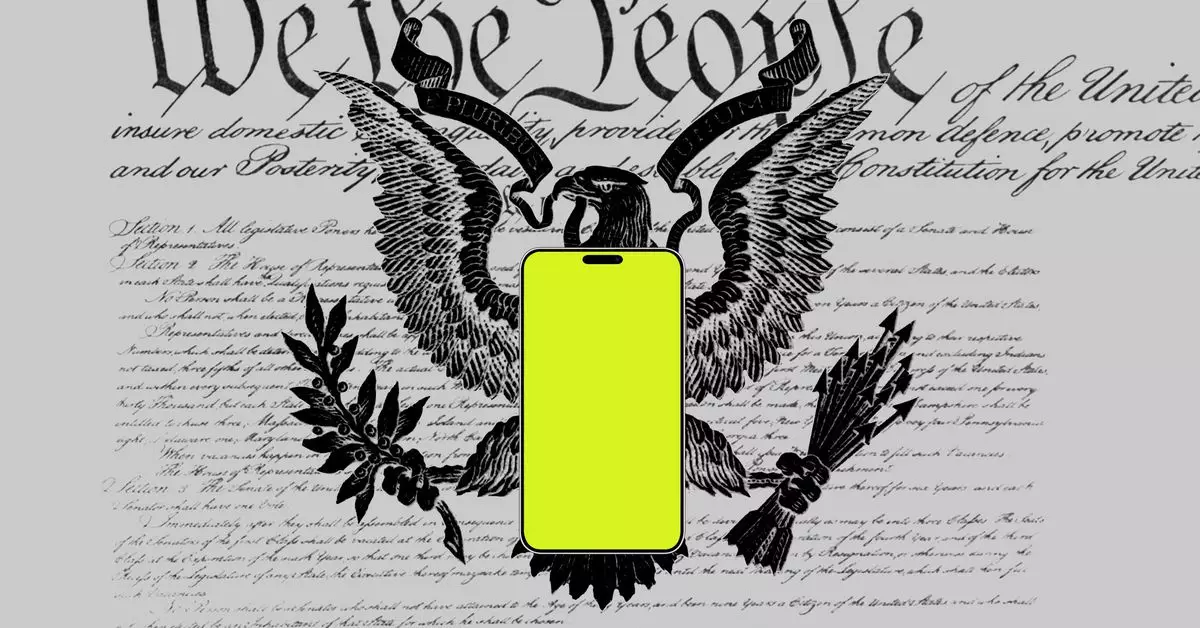In a promising development for consumers, the Federal Trade Commission (FTC) has reported a significant reduction in complaints regarding unwanted telemarketing calls. For the third consecutive year, the volume of these complaints has dropped sharply, decreasing by over 50% since 2021. This decline, highlighting the effectiveness of enhanced regulatory measures, comprises approximately 33,000 fewer complaints in the 2024 fiscal year compared to the previous year. Such a marked improvement indicates growing consumer satisfaction and a potential shift in the effectiveness of consumer protection strategies.
The FTC attributes this positive trend to a multi-faceted approach designed to combat intrusive telemarketing practices and associated scams. Sam Levine, the Director of the Bureau of Consumer Protection at the FTC, described the ongoing threat of illegal calls as “a scourge.” Nonetheless, he pointed to the agency’s new strategies targeting upstream offenders and adapting to emerging threats as key components contributing to the reduction in complaints. This indicates not only a response to current challenges but also a proactive move toward preventing future issues.
A variety of regulatory actions have been implemented by the FTC to reinforce consumer protections. Among these is the Telemarketing Sales Rule (TSR), which sets forth strict parameters for telemarketers, including call timing restrictions. Additionally, the FTC has made it explicitly clear that the TSR applies even to scam calls generated using artificial intelligence (AI). Notably, the agency has also taken decisive action against specific notorious scams, such as the extended vehicle warranty operations that have become a staple of unwanted calls. This decisive banning of misleading tactics illustrates a robust commitment to reinforcing consumer trust.
The Federal Communications Commission (FCC) has endorsed these FTC measures through collaboration and specific guidelines aimed at deterring fraudulent practices. Major U.S. mobile carriers have implemented an anti-spoofing protocol, which is crucial in ensuring that the numbers displayed on consumer caller IDs correspond to the originating sources. This advancement not only enhances transparency but also fortifies consumer confidence in their communications. Furthermore, the FCC has enacted prohibitions against AI-generated robocalls and has established requirements for cell carriers to block likely illegal texts, showcasing a comprehensive approach to safeguarding consumers from invasive communication tactics.
Despite what appears to be a downward trend in complaints, the FTC acknowledges that there are still considerable challenges ahead. For instance, while there has been a substantial decline in general telemarketing calls, reports concerning debt reduction calls surged by more than 85% from last year. This disparity suggests that although significant strides have been made, vigilance is still needed in specific areas. As agencies continue to refine their strategies, consumers can hope for even greater reductions in unwanted calls, leading to a more pleasant communication environment.
The notable decrease in unwanted telemarketing calls underscores the ongoing effectiveness of government interventions in consumer protection. As regulatory bodies like the FTC and FCC remain vigilant and responsive to emerging threats, consumers can remain optimistic about their rights and protections in the digital age.

